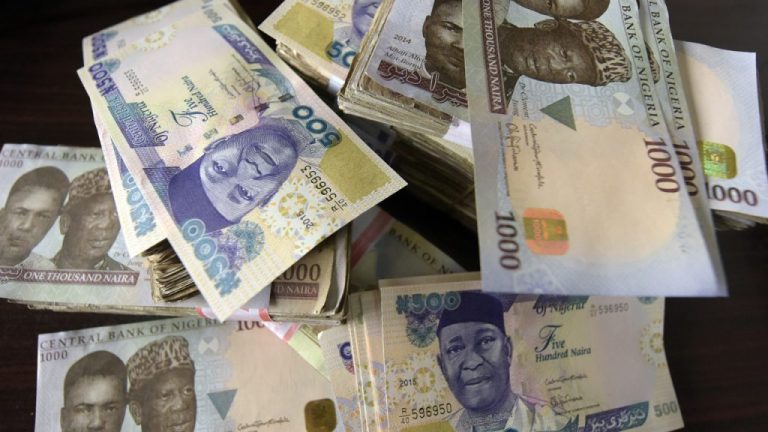Nigeria’s currency extended its winning streak on Wednesday, closing at ₦1,500.91/$ at the official foreign exchange market—its strongest performance in more than six months. The development marks the second day in a row the naira has traded under the symbolic ₦1,500 per dollar threshold.
Figures from the Central Bank of Nigeria (CBN) show the naira traded between ₦1,498/$ and ₦1,507/$ during the day, underscoring its renewed momentum. Only weeks earlier, the local unit had opened September at ₦1,526.09/$, before firming to ₦1,506/$ by Monday and holding steady on Tuesday.
The last time the naira touched the ₦1,500/$ level was on March 5, 2025, making this rebound a notable step toward stabilizing Nigeria’s foreign exchange market.
The parallel market has moved in the same direction, with the naira closing around ₦1,515–₦1,517/$ on Wednesday, stronger than the previous ₦1,525/$.
Why the Rally Matters
Currency analysts point to three key drivers:
-
Stronger demand for the naira relative to the dollar,
-
Decline in speculative trading, and
-
Rising foreign reserves, which stood at $41.59bn as of Tuesday, up by $25m from the previous day.
The upward trend in reserves has been steady in recent weeks, creating what experts describe as a healthier external position.
Expert Insights
In its midweek market note, Meristem Research linked the naira’s resilience to “robust external buffers” supported by higher oil receipts, growing non-oil exports, and renewed capital inflows.
“The steady buildup in reserves has helped anchor confidence in the currency market,” the firm noted. “At above $41bn—equivalent to nearly ten months of import cover—Nigeria’s reserve position far exceeds the global benchmark of three months, sending a reassuring signal to investors.”
Meristem, however, flagged risks that could test the rally, including volatile global oil prices, production challenges in the Niger Delta, and ongoing security threats.
Wider Implications
For businesses, a firmer naira offers short-term relief on import costs and planning stability. Households may also see indirect benefits if exchange rate stability begins to ease imported inflation pressures.
Meanwhile, the CBN’s ongoing reforms—such as the unification of exchange rates, policies to reduce speculative demand, and measures to attract capital inflows—have been credited with reinforcing market confidence.
Outlook
Market watchers believe the present rally is more grounded than previous recoveries, as it rests on stronger fundamentals: rising reserves, calmer speculative activity, and steady inflows from oil and non-oil exports.
Still, sustaining this progress will depend on whether Nigeria can maintain fiscal and monetary discipline, scale up crude oil production, and diversify its foreign exchange earnings.

